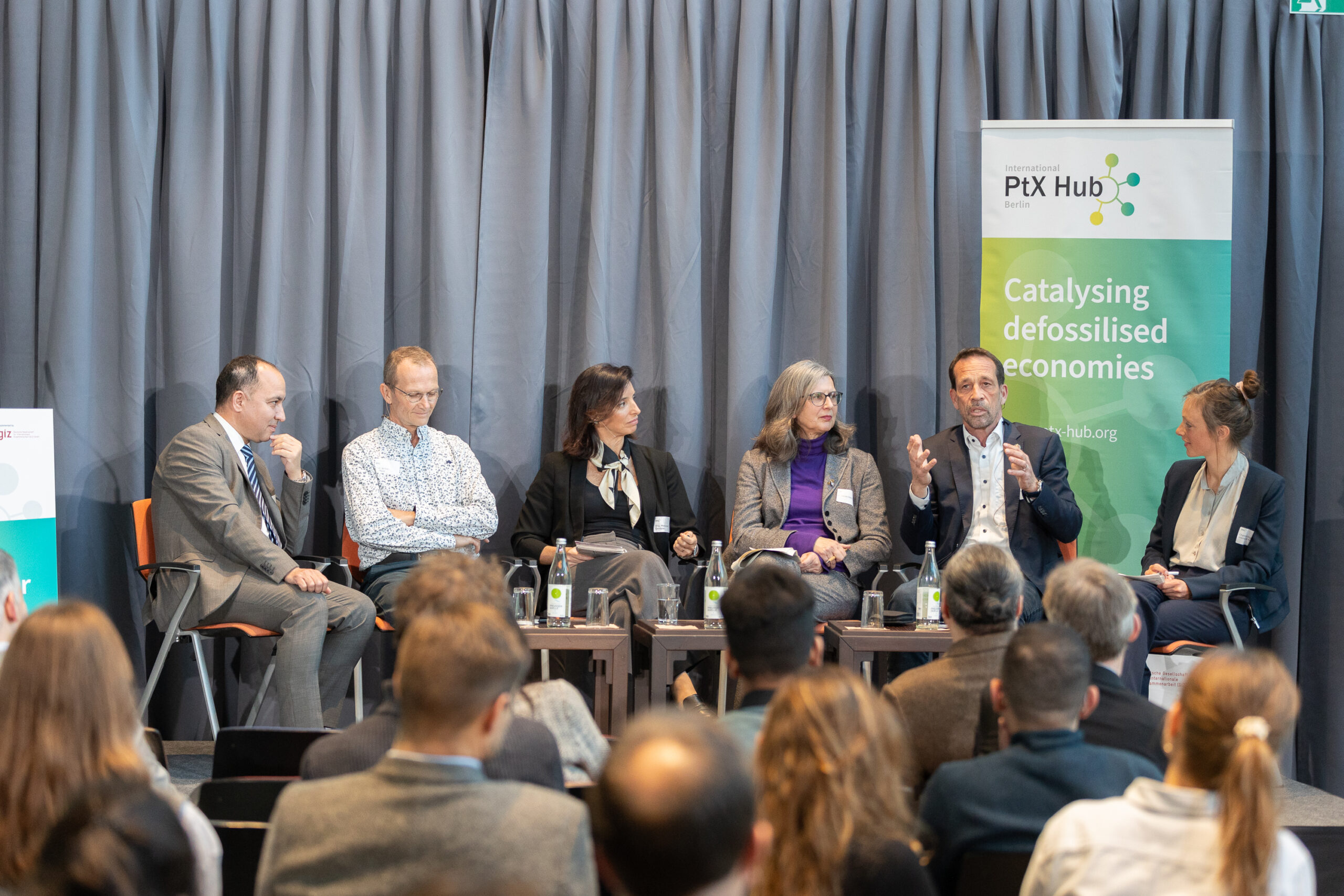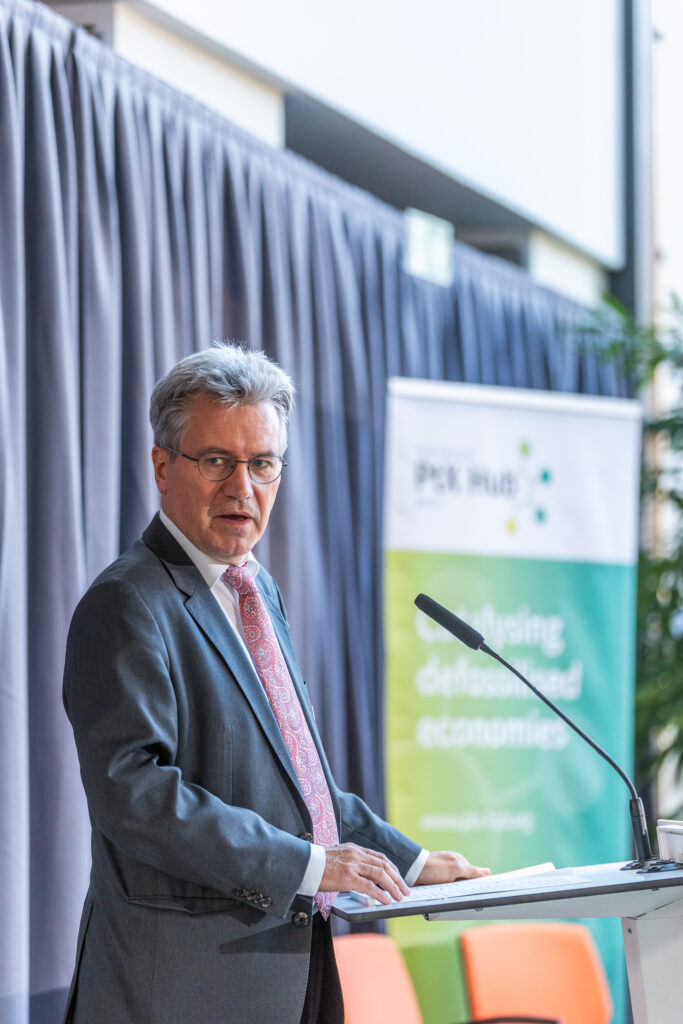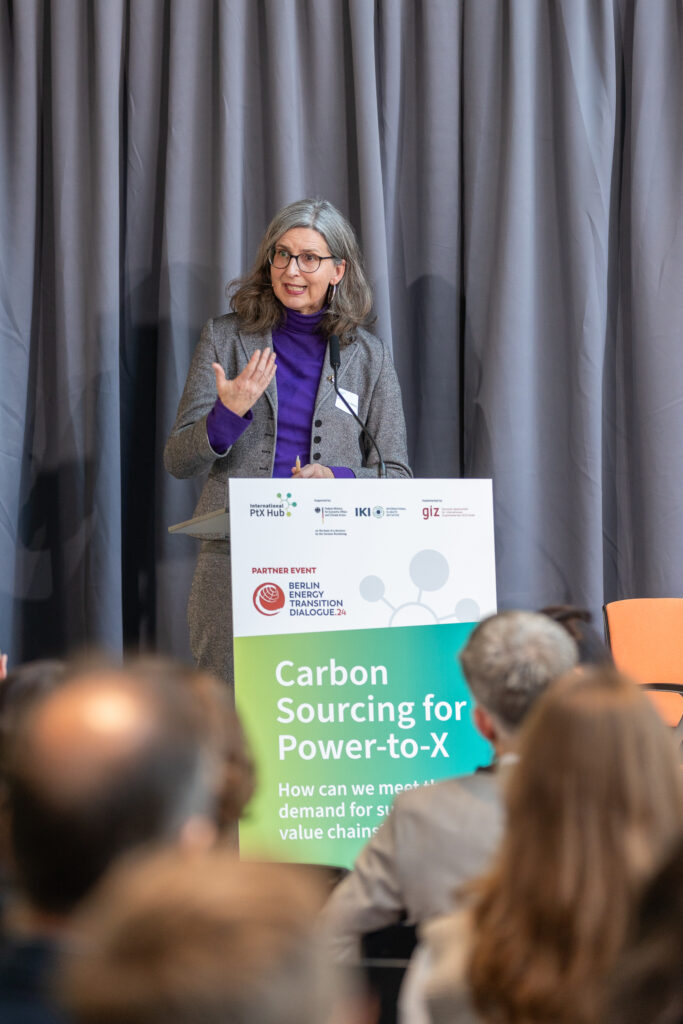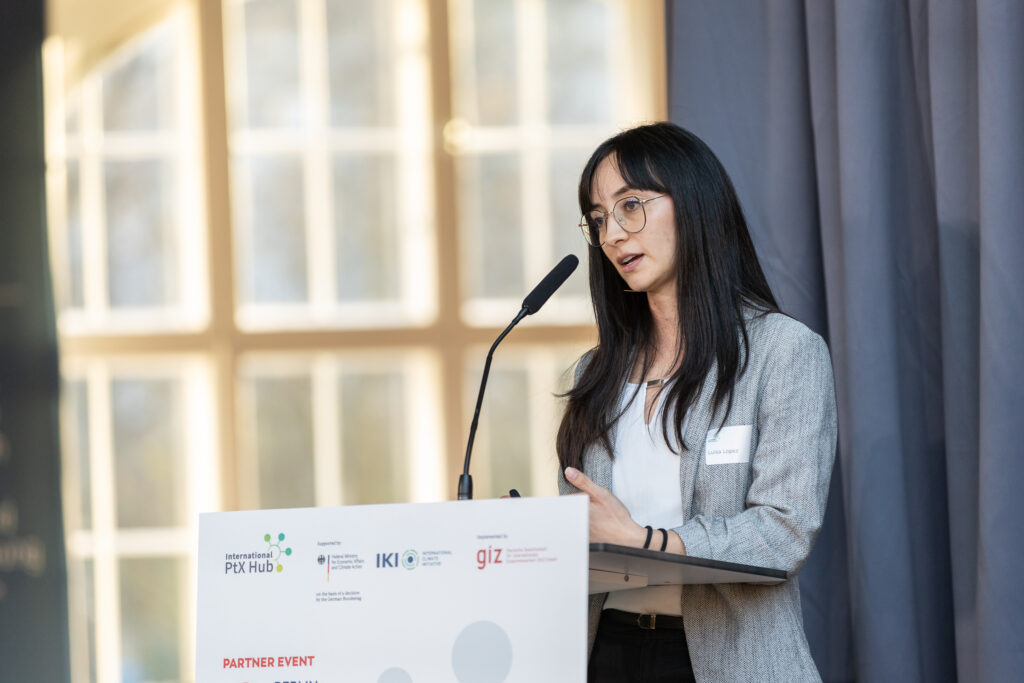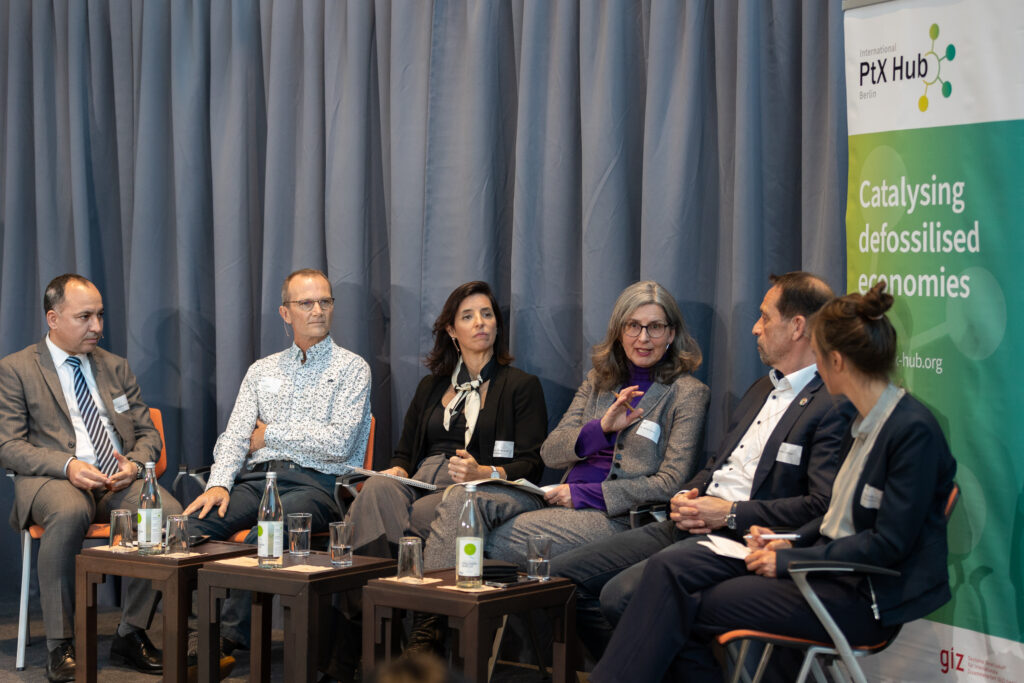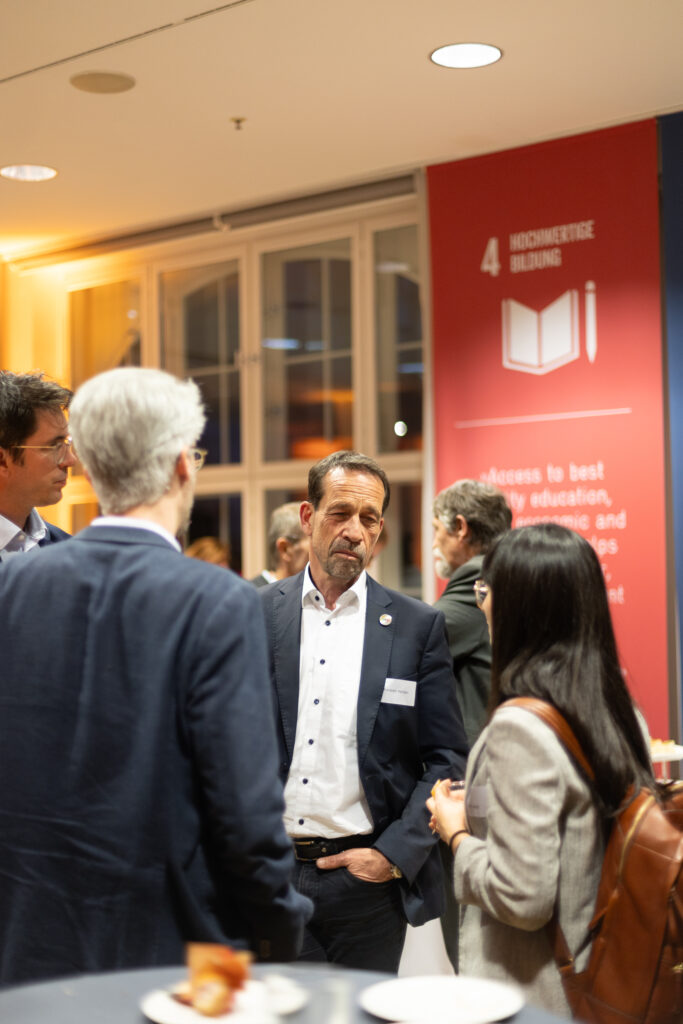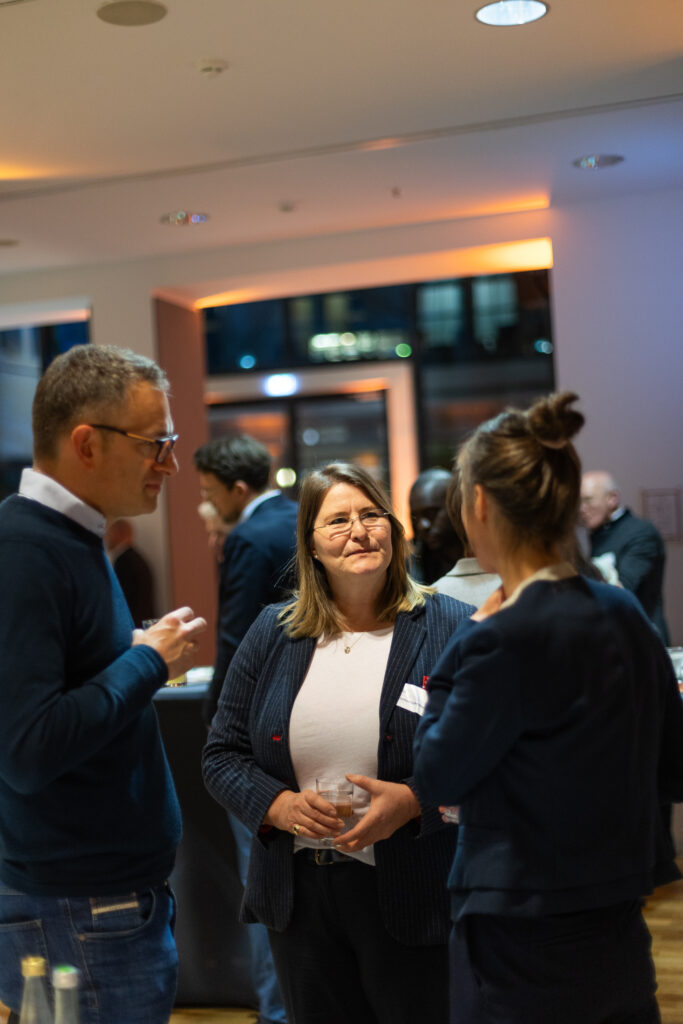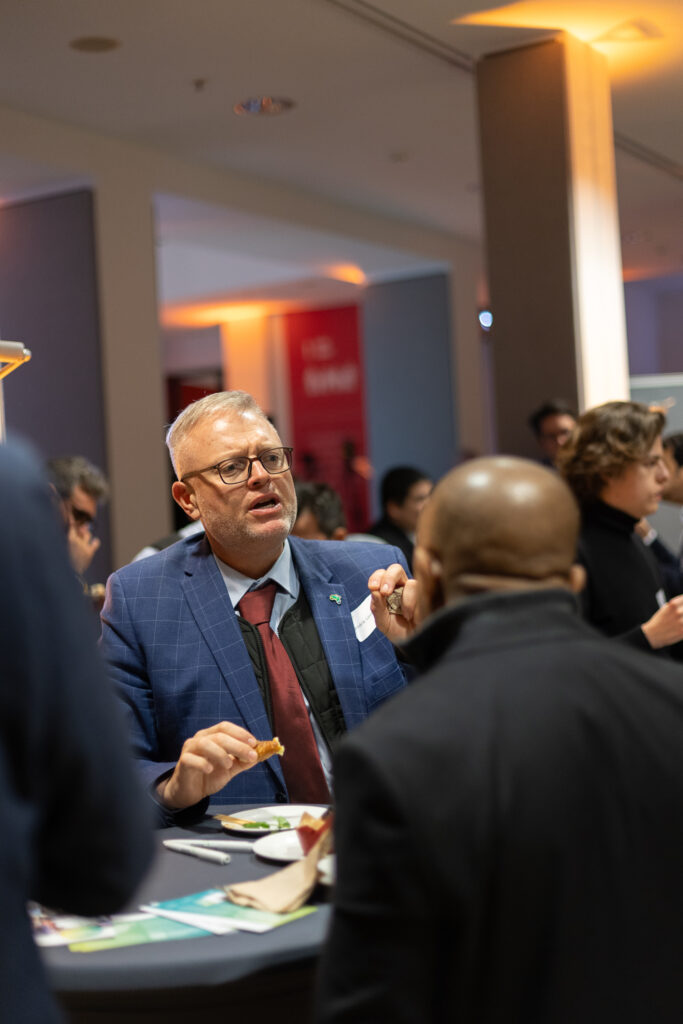Carbon is becoming a critical resource as governments and industry move towards a fossil-free future with Power-to-X (PtX). In addition to green hydrogen, sustainable carbon is a key feedstock for the production of e-fuels and other PtX products. The need for carbon is highlighted in hard-to-abate sectors such as aviation, shipping and the chemical industry, where green hydrogen alone is not the answer. This is captured in the term defossilisation rather than decarbonisation. We need carbon for a defossilised future, but sustainable carbon.
Currently, the main methods of carbon capture include Direct Air Capture (DAC), biogenic sources and Carbon Capture and Utilisation (CCU), each with their own advantages and disadvantages. This underlines the need for a regulatory framework to ensure the sustainable production of both hydrogen and carbon, as well as country-specific assessments of the practicalities in the different country contexts.
Last week, during our Official Berlin Energy Transition Dialogue (BETD) Side Event, we had the pleasure of welcoming high-level delegations from Latin America, Southern Africa, and Germany who engaged in discussions with the private sector and academia to outline their carbon ambitions and priorities.
The event began with an introduction to the need for defossilisation rather than decarbonisation. The first speaker was Mr Berthold Goeke, Director General for Climate Protection at the German Federal Ministry for Economic Affairs and Climate Protection (BMWK). Acknowledging the need to reduce emissions and address the challenge of carbon sources, he mentioned that the German government is actively exploring a comprehensive carbon management strategy.
Dr Heike Henn, Director Climate, Energy and Environment and Commissioner for Climate Policy and Climate Financing, then provided the perspective of the German Federal Ministry for Economic Cooperation and Development (BMZ). She touched on the need to promote a Just Transition together, nationally and internationally, as only then can it be considered successful and sustainable. She emphasised the need to implement partner countries’ energy goals and focus on the local value chain, expand renewable energy, and develop PtX business cases with local stakeholders.
Luisa Lopez from DECHEMA e.V. also spoke about carbon sources for PtX from a technical point of view. She reiterated the need to address sustainability criteria for carbon use, supporting regulations and the use of unavoidable industrial carbon point sources.
The panelists, including Dr Heike Henn, María José González (Head of Green Hydrogen Programme, Ministry of Industry, Energy and Mining, Uruguay), Thorsten Herdan (CEO, HIF EMEA), Prof. William H.L. Stafford (Principal Researcher, CSIR, South Africa) and Abdelghani El Kacimi (Chief Technology Officer, INNOVX / OCP Morocco), then discussed the topic in depth. During the panel discussion, when asked about country focus, María José González shared insights from Uruguay’s renewable strategy, mentioning that it was the first country in the world to auction carbon. She also highlighted that the country will export competitive hydrogen derivatives and has many biogenic sources of sustainable origin.
Mr Abdelghani El Kacimi spoke briefly about Morocco’s significant solar and wind energy potential, making it a good place to produce green energy at incredibly competitive costs. He explained that Morocco is currently focusing on carbon and its sources, with much to be explored.
Speaking about South Africa, Prof. William H.L. Stafford explained that South Africa is a rapidly industrialising country and they are stepping up their efforts in renewable energy.
In conclusion, there is an urgent need to increase the global capacity to source carbon to meet the demand for Power-to-X products and to consider country-specific sources and strategies.
A recording of the event is available here.
Interested in carbon sourcing? Check out our resources on carbon in the Knowledge Base.
